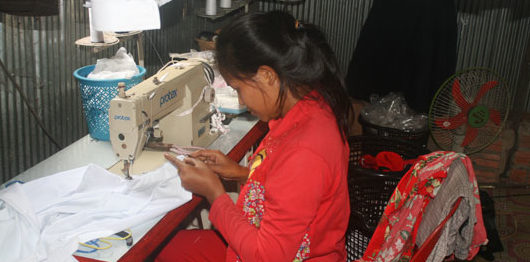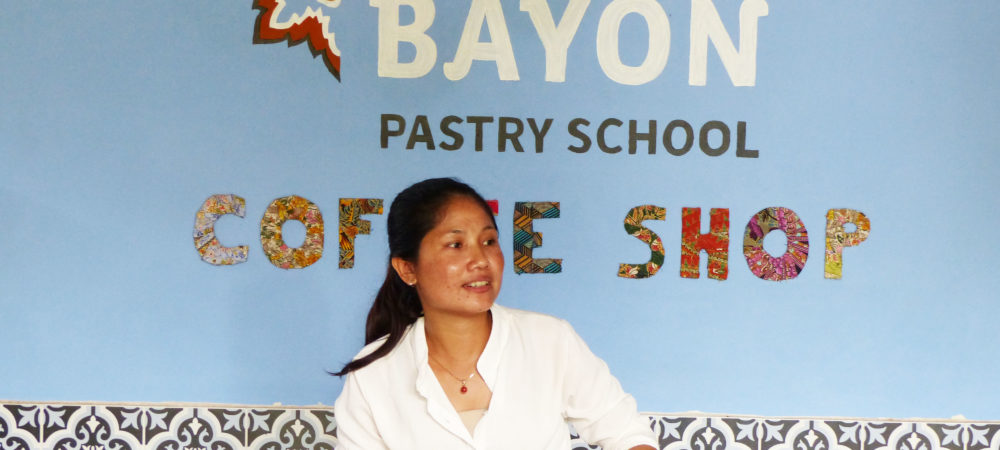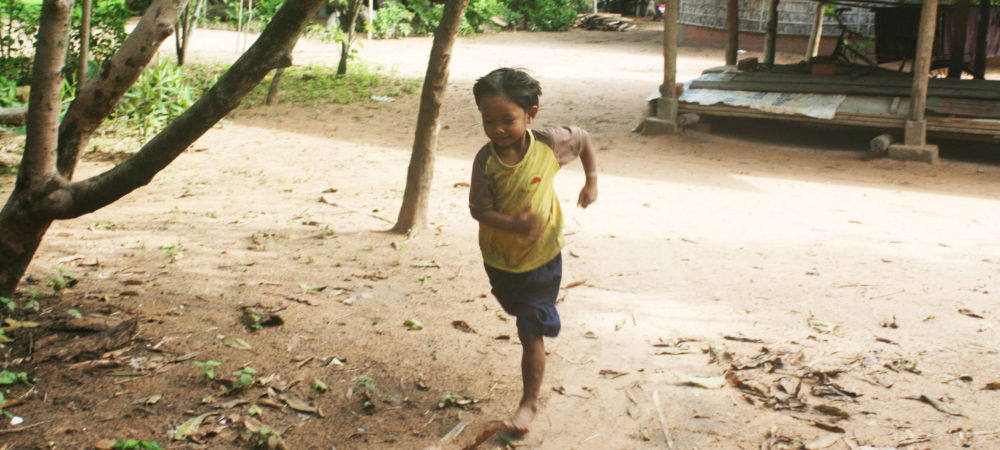Another school year comes to an end at the Bayon School…
Another school year comes to an end at the Bayon School… and before we know it, another group of students has joined the pastry school whilst nineteen new little ones fill the empty benches in the Kindergarten class. Such is the life of a school: some move on, leaving the space open for others to integrate our classes. There is always a lot happening, which is how it should be! Initiatives come to light, ideas abound, things take shape, the teams get on board and new projects come to life…

The 2018/2019 school year started at the primary school with an overhaul of the teaching system, following recommendations made by Rodrigo and Anaïs, after their audit of our pedagogical set-up.• A new primary head has been recruited and the teaching team has been renewed, giving preference to full-time contracts, which allows us to put in place extra support classes for children who may be struggling.
• Two new buildings have opened their doors; a computer classroom for the pupils of Grades 5 & 6, as well as a library with over 400 books in Khmer.
• A brand-new canteen and water management system have been inaugurated.
These investments have only been made possible through the generous support of our sponsors and donators. Without them, we would not be able to achieve so much. An enormous THANK YOU!

Our secondary students participated in the monthly careers events with professionals who came to present their jobs. A jewelry designer, HR in a travel agency, accountant in an NGO, manager of a hotel: very diverse worlds come together to talk to our students, allowing them to project themselves into a professional future which is not really that far away after all. This year, they were also lucky to be able to participate in an intercultural exchange with students from the Lycée Français of Singapore, which was rich in emotion.
The vegetable gardens have never produced as much as this year; it really was a bumper crop! 80% of the canteen’s vegetables were grown locally and ecologically in the plots of the 8 families involved in the Green Project. Every day at daybreak, 25 Kg of vegetables arrive by motorbike, tuktuk or even bicycle to allow our cooks to prepare the meals for our 250 pupils, who start lunch at 11 o’clock for the youngest amongst them. It is quite a marathon to keep the families motivated as market gardening really is a daily enterprise with no time for rest. This year, we have been able to equip each family with an automatic irrigation system, allowing them time for other activities such as weeding, harvesting, pest control, etc.

At the pastry school, 21 young women graduated at the end of August. With their diploma under their arm, they set off towards a secure professional future in the hotels in Siem Reap or Phnom Penh and/or in the bakeries looking for qualified labour. These students, who joined us in September 2018, were unrecognisable when they left; shy, reserved and unsure of themselves at the beginning, they left us brimming with self-confidence and armed with a trade that they can and must promote. We are astounded by their capacity to learn and absorb so much in only 12 months.

The new students who arrived in August 2019 have already taken their first steps in the pristine Bakery Lab, which we have just inaugurated and which will enable us to train more students in better conditions.
The Bayon School is moving forward – thanks to its teams and numerous loyal donators who believe in its project. Let’s continue together!
Please find attached the Activity Report for the year 2018/2019 for further details on what we do.














